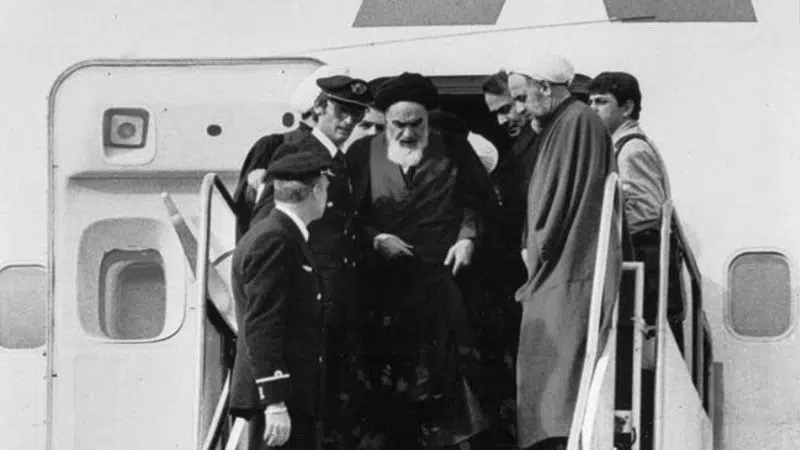
Iran starts marking 40th anniversary of Islamic Revolution
TEHRAN, Iran — Iran on Friday kicked off days-long celebrations of the 40th anniversary of the country’s 1979 Islamic Revolution that toppled the U.S.-backed shah, overturned 2,500 years of monarchical rule and brought hard-line Shiite clerics to power.
The climactic events that year in Iran — where footage of revolutionaries in the streets gave way to black-and-white images of blindfolded American hostages in the U.S. Embassy hostage crisis months later — not only changed Iran’s history but also helped shape today’s Middle East.
The anniversary festivities start every year on Feb. 1 — the day Ayatollah Ruhollah Khomeini returned home from France after 14 years in exile, to become the supreme leader of the Islamic Republic of Iran.


